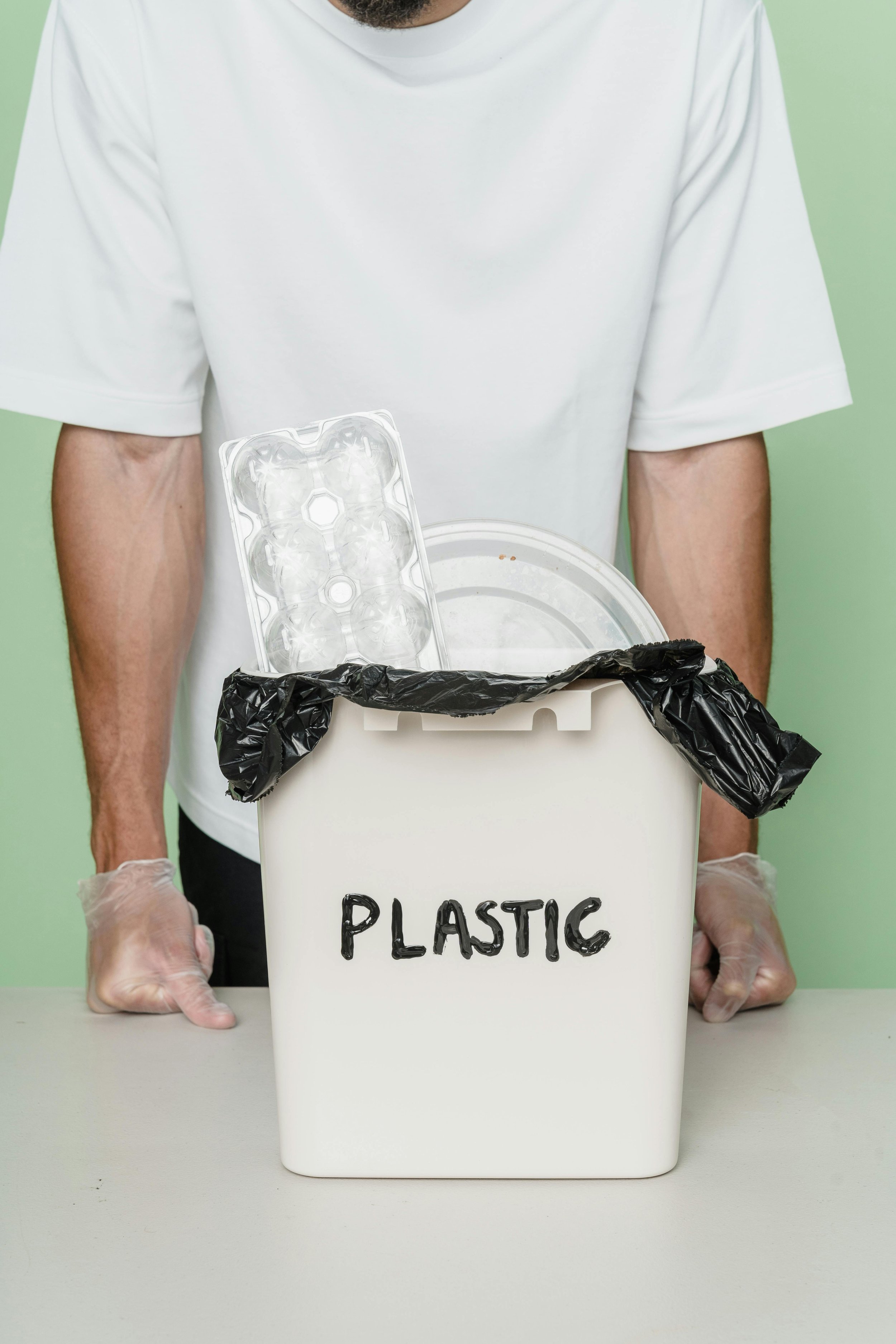Microplastics in Humans: How to Detox and Protect Your Family Naturally
Why Microplastics Are a Family Health Issue
Hey, health-conscious families! In our modern world, microplastics—tiny plastic particles smaller than a sesame seed—are everywhere: in our water, food, air, and even house dust. Studies have now found microplastics in human organs, including the brain, liver, lungs, and kidneys.
This can lead to:
Inflammation
Oxidative stress
Hormone disruption
Immune system strain
Even Harvard Medicine Magazine and AAMC are raising the alarm. But here’s the good news: with a few smart swaps and simple detox habits, you can absolutely reduce your family’s exposure and support your body’s ability to flush them out.
What Are Microplastics and Where Do They Come From?
Microplastics come from:
The breakdown of larger plastics (like water bottles and food wrappers)
Synthetic fabrics (think polyester + workout gear)
Personal care products with microbeads
Industrial processing and packaging
They’re found in:
Tap and bottled water
Seafood and salt
House dust
Baby formula
Airborne particles from synthetic textiles
How to Detox from Microplastics Naturally
Here’s the empowering part: you can support your body’s natural detox pathways with these easy, family-friendly strategies:
1. Load Up on Fiber 🥬🫐
Fiber binds to toxins in your gut and helps move them out. Try:
Berries
Leafy greens
Chia seeds
Cruciferous veggies like broccoli & Brussels sprouts
2. Stay Hydrated 🚰
Water is your body’s #1 detox tool. Aim for filtered water (see below!) to support your kidneys and flush out plastics.
3. Add Detoxifying Superfoods 🌿
Some natural foods help bind to toxins:
Chlorella
Spirulina
Cilantro
Pro Tip: Toss spirulina in a smoothie or use cilantro in family taco night!
4. Support Your Liver 🧄
Your liver filters out toxins like microplastics daily. Feed it:
Garlic
Beets
Milk thistle (check with your provider first)
Turmeric
5. Sweat It Out 💦
Exercise and saunas stimulate sweat, which may help release toxins. Even a brisk 20-minute walk helps!
6. Use Activated Charcoal Mindfully ☑️
It may bind to certain toxins, but talk to your provider before using, especially if pregnant or breastfeeding.
How to Reduce Microplastic Exposure at Home
Small changes = major impact. Here’s how to minimize plastic exposure in everyday life:
1. Choose Natural Textiles 👚
Switch to cotton, linen, or wool clothing, bedding, and towels. Synthetic fabrics shed plastic into the air and wash water. (Goodbye, LuluLemon—hello, organic cotton joggers!)
2. Say No to Plastic Food Storage 🚫
Use glass or stainless steel instead of plastic containers. Especially avoid heating food in plastic—this releases microplastics and hormone-disrupting chemicals.
3. Filter Your Drinking Water 🚰
Install a reverse osmosis or carbon-block filter to remove plastic particles. Bonus: you’ll also filter out chlorine, fluoride, and heavy metals.
4. Rethink Personal Care Products 🧼
Avoid anything with polyethylene or polypropylene—those are microplastics in disguise. Go for exfoliants with sugar, salt, oats, or crushed seeds instead.
5. Ditch the Gum 🫧
Yep—most commercial chewing gums contain plastic polymers. Try natural gum alternatives made with chicle or mastic tree resin.
6. Choose Whole Foods Over Processed 🍓
Processed foods = more exposure to plastic packaging and additives. Keep it simple with real, whole foods.
7. Clean Regularly (But Naturally!) 🧹
Dust contains microplastics—especially in homes with synthetic fabrics and carpets. Vacuum with a HEPA filter and use nontoxic cleaners like:
Vinegar + essential oils
Baking soda + lemon juice 🍋
Microplastic Podcast Recs:
Want to learn more while folding laundry or driving to school?
Check out these episodes:
The Bottom Line: Progress Over Perfection
You don’t need to overhaul your entire life overnight. But each small step you take to reduce microplastic exposure and support detoxification can add up to big results for your family’s long-term health.
So take a deep breath. Swap one thing this week. And remember:
Your efforts matter. Your kids are watching. And their future health begins with your choices today.
Join the “Wake Up Well with Lex” Newsletter
Want simple wellness tips in your inbox each week?
Subscribe to “Wake Up Well with Lex” for:
Family-friendly detox tips
Healthy product swaps
Cancer-prevention education
And tools for living toxin-light and intentionally well

